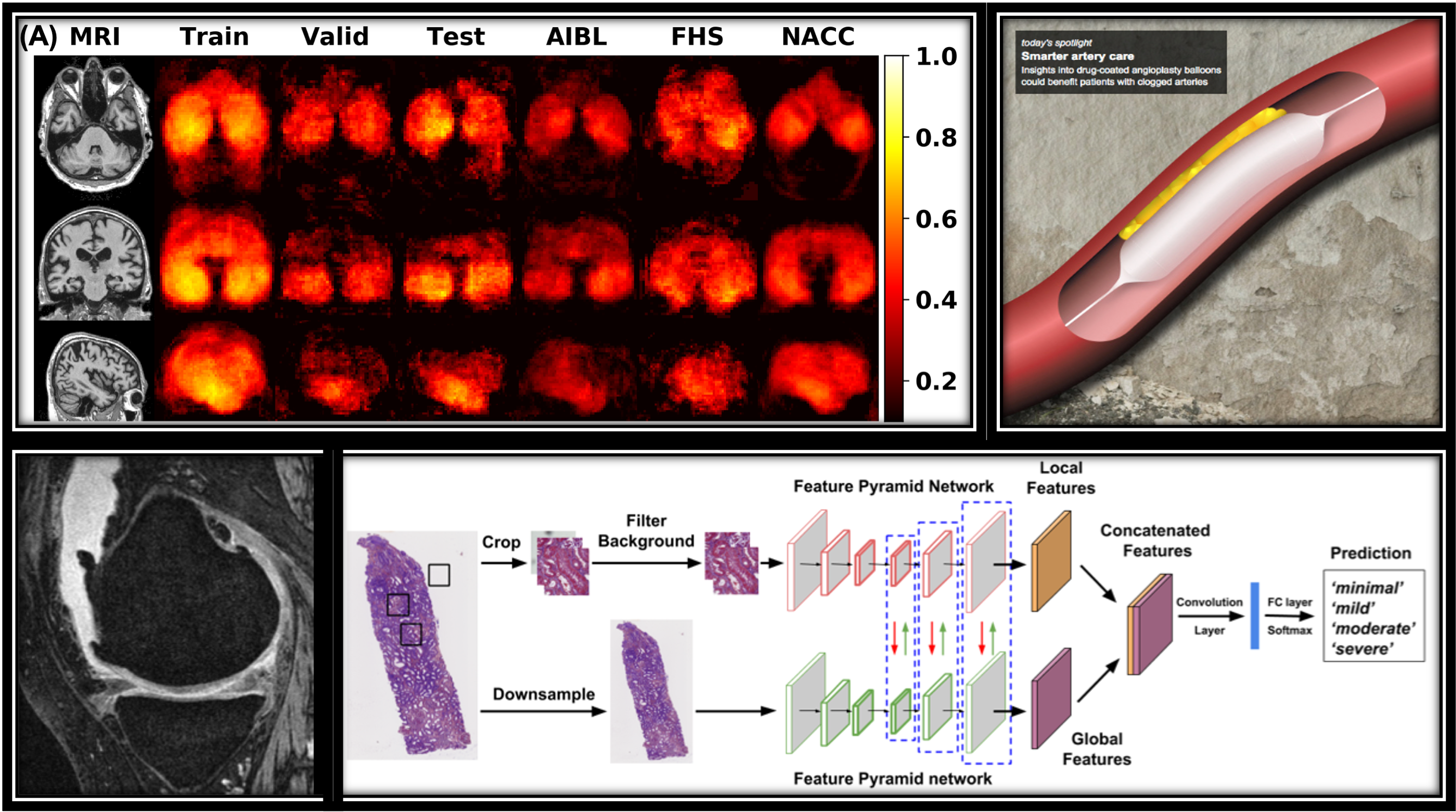 —
—
We are a highly interdisciplinary research group, bringing together trainees and scientists from computer science, neuroscience, bioinformatics, physics, computing and data sciences, electrical and computer engineering, and medicine. We actively collaborate with clinicians and domain experts across diverse specialties and institutions globally. This unique convergence of disciplines has enabled us to publish across the full spectrum of scientific inquiry, from top-tier journals like Nature Medicine to premier computer science venues such as the International Conference on Machine Learning (ICML). Our mission is to create methods to fit the science and not make science fit the methods. Together, we are advancing impactful science at the intersection of AI and human health.
Joining our laboratory
We form small teams comprising individuals with complementary expertise and work persistently to build comprehensive solutions.
Important: Please read the Contact Us Page to learn about open positions.
Funding
We are grateful for financial support from the American Heart Association, the National Institute on Aging, the National Heart, Lung, and Blood Institute, the National Cancer Institute, the National Institute of Neurological Disorders and Stroke, the National Institute of Diabetes and Digestive and Kidney Diseases, and the Artificial Intelligence and Technology Collaboratories (AITC) for Aging Research program. We also thank the Karen Toffler Charitable Trust, Gates Ventures, Pfizer, Johnson & Johnson Enterprise Innovation Inc., and Visterra Inc., for funding our work.
Teaching
– Machine learning (MS650)
News
December 2025New paper! Fourier filtering-based multiple instance learning, published in the International Journal of Computer Vision.
December 2025New paper! AI-augmented frameworks for AD clinical trials, published in the Journal of Prevention of Alzheimer's Disease.
December 2025New paper! AI models, bias and data sharing efforts to tackle ADRD, published in the Journal of Prevention of Alzheimer's Disease.
November 2025New paper! Digital technological advances in ADRD, published in Alzheimer's & Dementia.
October 2025New paper! AI-augmented radiomic analysis on various dementias, published in npj Dementia.
September 2025New paper! AI-first framework for multimodal data in ADRD, published in Alzheimer's & Dementia.
September 2025New paper! Regional modal mix for MRI segmentation, published in Human Brain Mapping.
September 2025New paper! Practice effects on digital cognitive assessment tools, published in Alzheimer's & Dementia.
August 2025New paper! AI for Alzheimer's biomarker assessment, published in Nature Communications.